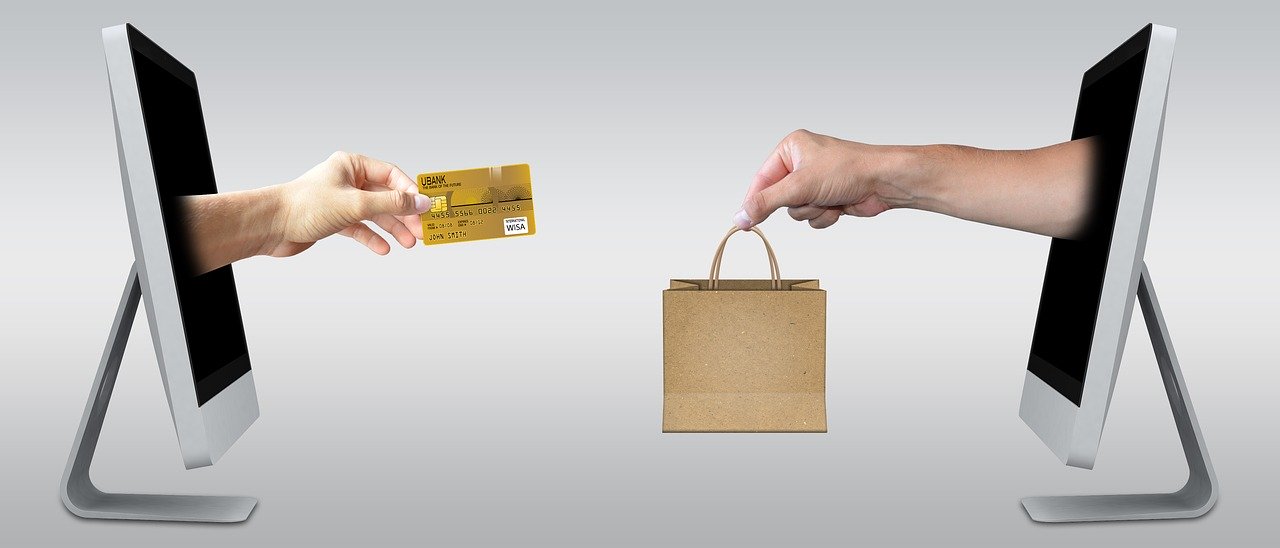Probably one of the main reasons nobody spends Bitcoin is because nobody earns Bitcoin on a regular basis. If this ever changes then we can expect a whole lot more stream. It isn’t ideal to purchase Bitcoin and then to use it to buy something else. But for those who have it coming in their wallet each week, the mindset is different.
What are the reasons people refuse to use Bitcoin for everyday payments? Why don’t people pay with Bitcoin?
Tax And Regulations
Why don’t people pay with Bitcoin? There’s no denying that taxation issues aren’t helping with the Bitcoin mass adoption.
As a normal consumer and taxpayer, why would an individual want to complicate his or her life with paying tax for cryptocurrency, when they have a complicated enough life as it is? Most won’t bother.
The taxation of Bitcoin has another major issue – Bitcoin’s volatility. To understand how volatility can affect a Bitcoin holder, consider this: An individual can purchase 0.1 BTC when the price of Bitcoin is $10000 and then trade it a number of times, ending with a net profit of 0.005 BTC by the end of the year. This concludes that your total amount of Bitcoin is 0.015 BTC. But consider that the current price of Bitcoin is $6000. So even with an increase in the amount of BTC, there is still a cut from the initial price and since the tax needs to be paid in USD, it boils down to whether declare this situation a reduction or a profit. This case needs to be clearly defined if there will be voluntary compliance.
Most Bitcoin owners are confused about the regulations are believe it is unfair to pay double taxation. VAT is a widely applied outside the US and it already represents a tax and paying yet another tax just because something is being bought with Bitcoin would result in double taxation.
On top of that, it wouldn’t be realistic to assume that the authorities and the financial institutions will simplify the tax collecting procedure while they haven’t sorted out what’s the best way to tax Bitcoin, in the first place. And this leads to another point, regulation of Bitcoin. Regulating Bitcoin will take a great deal of time.
And regulation needs to be comprehensible by most individuals. Paying tax for something that was created to avoid this old system in the first place, is not something most accept and for good reason. People don’t like paying taxes if they don’t understand where their taxes are going or doing for them.
Can paying taxes be avoided? Yes.
But taxes are not a problem for those using services which don’t send out tax reports for purchases made with Bitcoin, such as BitRefill, eGifter and OverStock. Many use such services to purchase good using Bitcoin while paying not paying taxes for the cryptocurrency spent.
Hoarding coins
Why don’t people pay with Bitcoin? There are certainly lots of reasons why ordinary consumers don’t use Bitcoin to pay for services or products.
We must bear in mind that the image of Bitcoin that was portrayed since 2018 throughout financial debates is not reflecting the entire picture and it is starting to fade. Obviously, one major reason behind the adoption problem is that many retailers lack cryptocurrency payments because they are only holding crypto in for that potential bull run. And we might not really blame these individuals since for certain Bitcoin is a fantastic digital advantage to hold as an investment.
The crypto community tends to agree on the fact that the big majority aren’t spending their Bitcoin because they are hoarding their coins. That’s why it is expected to see a higher volume of trades when the Bitcoin price goes up, as many are waiting to cash in on their profits.
In the speculative market we have today, holding your Bitcoin for better days is what most seem to be doing. It is simply too risky to pay with Bitcoin and to precious to sell it.
To put in a simple sentence, the answer to “Why don’t people pay with Bitcoin?” is “Because people don’t earn simply Bitcoin, they don’t understand regulation and taxation and see it way too risky due to the speculative market.”

